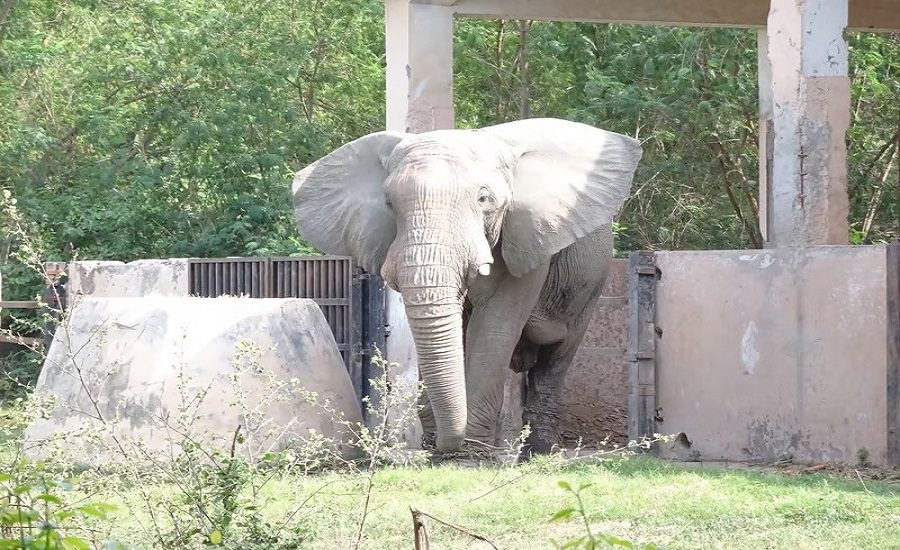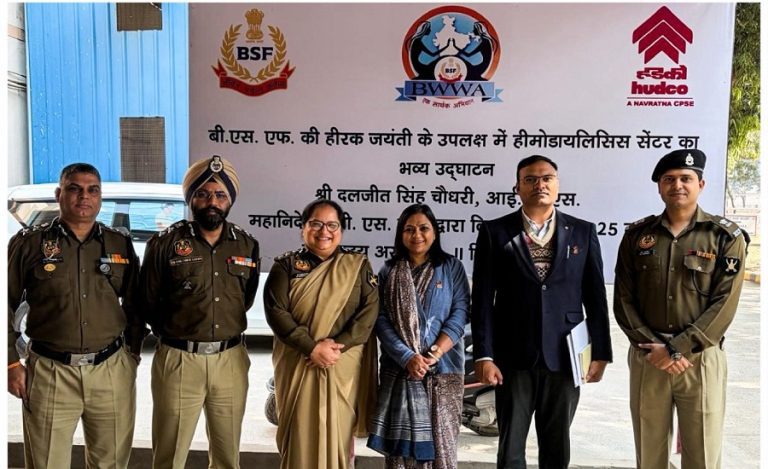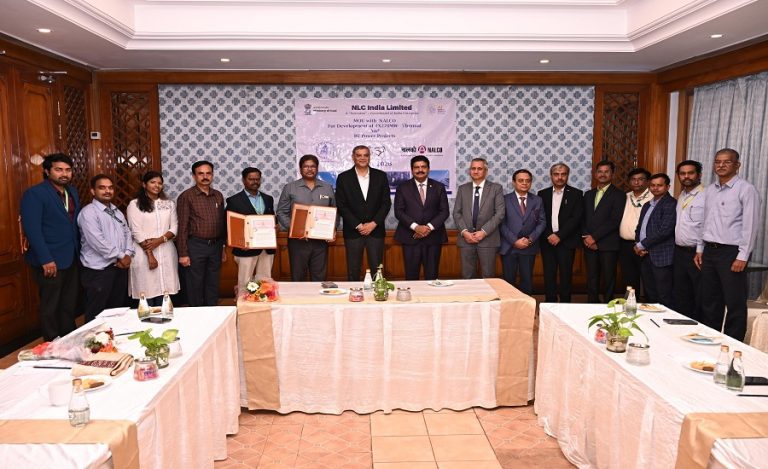New Delhi: The Delhi Zoo’s only African elephant, Shankar, has died due to a viral infection that affected his heart, according to the final post-mortem report. The elephant was found dead in his enclosure on September 17, 2025, leaving zoo authorities and visitors in shock.
Cause of Death: EMCV Virus
The post-mortem confirmed that Encephalomyocarditis (EMCV) virus, which causes inflammation of the heart muscles, was responsible for Shankar’s death. Officials explained that the EMCV virus often spreads through rodents such as rats, which act as natural reservoirs. The infection leads to inflammation of the heart muscles and can result in acute cardiac failure, which ultimately proved fatal in this case.
Read also: 4th Elephant Dies from IED Blast in Saranda, Wildlife Crisis Deepens in Jharkhand Forest
Preliminary Findings and IVRI Confirmation
Earlier, the zoo had reported preliminary findings suggesting “acute cardiac failure” but had awaited confirmation from the Indian Veterinary Research Institute (IVRI), Bareilly. The final report now clarifies that the viral infection was indeed the cause of death.
Zoo Authority Response
Delhi Zoo Director Sanjeet Kumar has so far not commented publicly on the findings of the post-mortem report. However, officials emphasized that strict preventive measures are being considered to ensure that other animals are not exposed to similar risks in the future.
Significance of Shankar’s Death
Shankar had been the lone African elephant at the Delhi Zoo, making his demise particularly significant. African elephants are rare in India, and their care in captivity requires specialized attention, including monitoring for potential infections and maintaining hygienic enclosures to minimize contact with rodents and other disease carriers.
Lessons for Zoo Management and Wildlife Care
The death of Shankar underscores the challenges faced by zoos in India in managing exotic animals, including disease prevention, veterinary care, and habitat safety. Experts have highlighted that the EMCV virus, while rare, poses a serious threat to elephants and other large mammals, particularly in environments where natural reservoirs like rats are present.
Zoo authorities are now expected to review and enhance biosecurity measures to prevent future outbreaks. This may include improved pest control, regular health check-ups for all animals, and monitoring of viral infections that could compromise the health of captive wildlife.
Public and Conservation Impact
Shankar’s death has sparked discussions among wildlife enthusiasts and animal welfare groups about the importance of stringent health protocols in Indian zoos, especially for species that are not native to the country.
The Delhi Zoo remains one of India’s prominent zoological parks, attracting thousands of visitors each year. Authorities have assured that lessons learned from Shankar’s untimely death will be used to strengthen animal care protocols and prevent similar incidents in the future.




























